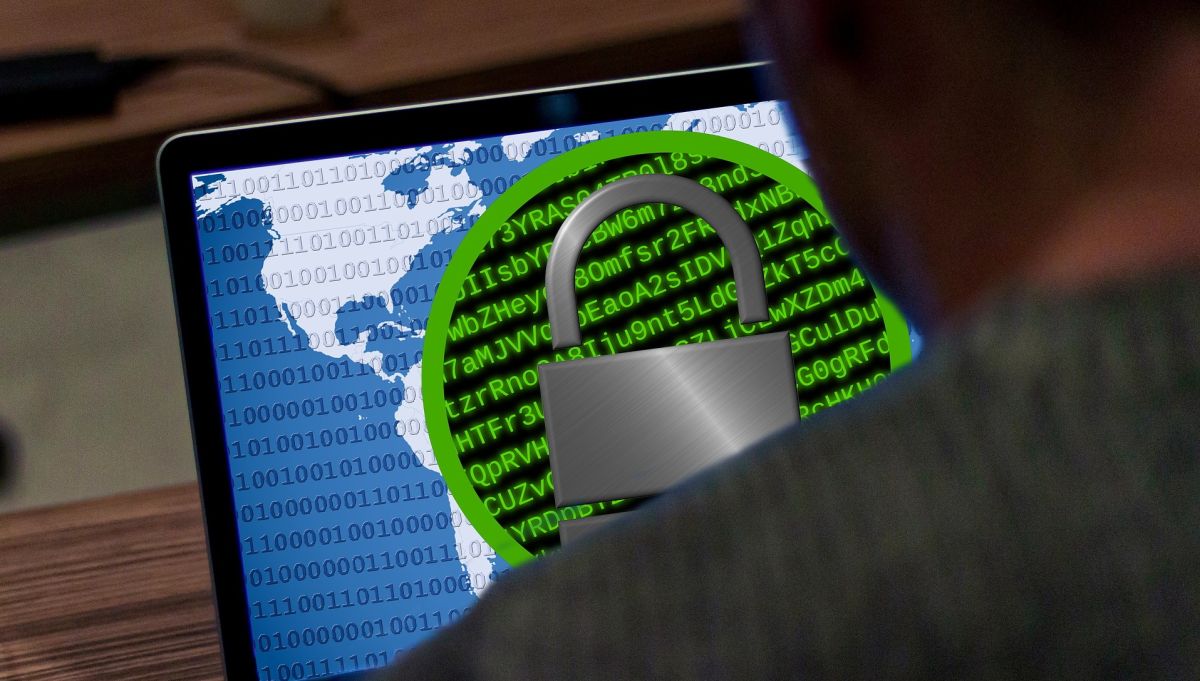
Cybersecurity consultants have noticed a brand new hacking marketing campaign profiting from poorly secured MS-SQL servers to ship the Trigona ransomware (opens in new tab).
Researchers from South Korean agency AhnLab noticed the risk actors scanning for internet-exposed Microsoft SQL servers after which making an attempt to entry them both through brute-force or dictionary assaults. These assaults work if the servers have easy, easy-to-guess passwords, and by automating the login course of, the hackers can breach quite a few servers with ease.
As soon as they acquire entry to the endpoint, the attackers will first set up a chunk of malware the researchers named CLR Shell. This malware picks up system info, adjustments the compromised account’s configuration, and escalates privileges to LocalSystem by way of a vulnerability within the Home windows Secondary Logon Service.
Deleting backups
“CLR Shell is a sort of CLR meeting malware that receives instructions from risk actors and performs malicious behaviors, equally to the WebShells of net servers,” the researchers mentioned.
The following step is to make use of the svcservice.exe malware dropper to deploy the Trigona ransomware. On this step, all recordsdata on the gadget are encrypted, and a ransom observe is left, instructing the victims on find out how to attain out to the attackers and negotiate the discharge of a decryption key. The researchers additionally mentioned that Trigona disables system restoration and deletes any Home windows Quantity Shadow copies, to forestall the victims from recovering their programs through backup.
Whereas companies is likely to be tempted to pay the ransom, pondering that may be the only and least expensive approach to handle the issue, basic consensus is that they need to chorus from giving in to felony calls for. Current knowledge from Rubrik Zero Labs has discovered that of all of the organizations that suffered a ransomware assault and paid for the decryptor, simply 16% really managed to recuperate all of their knowledge.
Paying the ransom additionally funds future felony exercise, which is but one more reason to not give in to the hackers’ calls for.
By way of: BleepingComputer (opens in new tab)
